

deep insights, facts & figures

Europe’s fifth-biggest DIY retailer is facing a mountain of problems. Now the company’s CEO has been replaced
Praktiker, one of the biggest operators of DIY stores in Europe (ranked fifth by turnover) is fighting for its survival. For many a long year the DIY company had positioned itself, especially in Germany, as the “low-priced DIY store”. Praktiker grew, took over competitors, expanded into nine European countries, earned good money for its parent company Metro. Ev-erything was going well until the decision was made at the turn of the century to become a “normal” DIY store. However, the customers failed to buy Praktiker’s new look, particularly in Germany: it was simply too heterogeneous. Then, with its 20 per cent campaigns of recent years, Praktiker got itself an image that had little to do with low prices or pricing expertise, but a lot to do with the bargain-hunting mentality and the questionable quality of products and ranges. So long as the international stores and the acquired Max Bahr outlets were doing well, Praktiker Germany and its 20 per cent discount campaigns could be cross-subsidized. But when the flourishing international stores caved in – Greece and Romania above all, with sales declines of almost 30 per cent – the stranglehold that Praktiker found itself in became ever tighter. The hectic countermeasures taken over the past two years, getting Praktiker in good trim and discovering the theme of quality, did actually serve for quite some time to mask the increasingly widening gulf between Praktiker’s figures and those of the competition: already in 2010 the Praktiker Germany trading channel lost around seven per cent on the previous year’s sales. But when Obi, Bauhaus, Hornbach and Co. made hefty gains this spring and Praktiker Germany reported a sales minus of close on 19 per cent (international -8 per cent), the mountain of problems facing Praktiker became obvious. In addition, the company’s stock market value over the last two years has deteriorated to one-fifth of its original value. The pressure on Wolfgang Werner as chief executive became so great that he resigned in July. Two really tough hatchet men (of Karstadt fame) are moving to the top of Praktiker in the shape of Thomas Fox as the new CEO and Josef Schultheiss as CRO (Chief Restructuring Officer). Their options range from a planned insolvency and the sale of parts of the company, through a withdrawal from individual countries and successful restructuring measures, as well as to a rallying of the economy in eastern and south-eastern Europe and an accompanying rise in sales. But not…
Related articles
Read also

 Menü
Menü




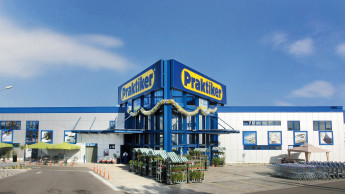
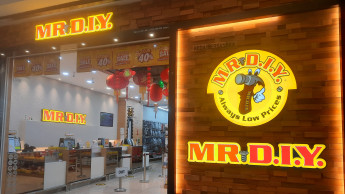

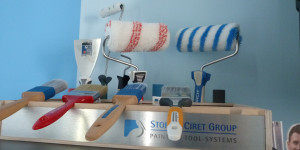

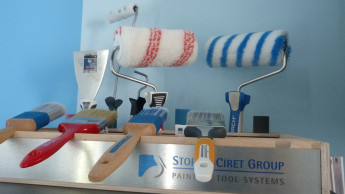

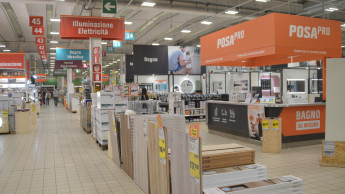
 Newsletter
Newsletter